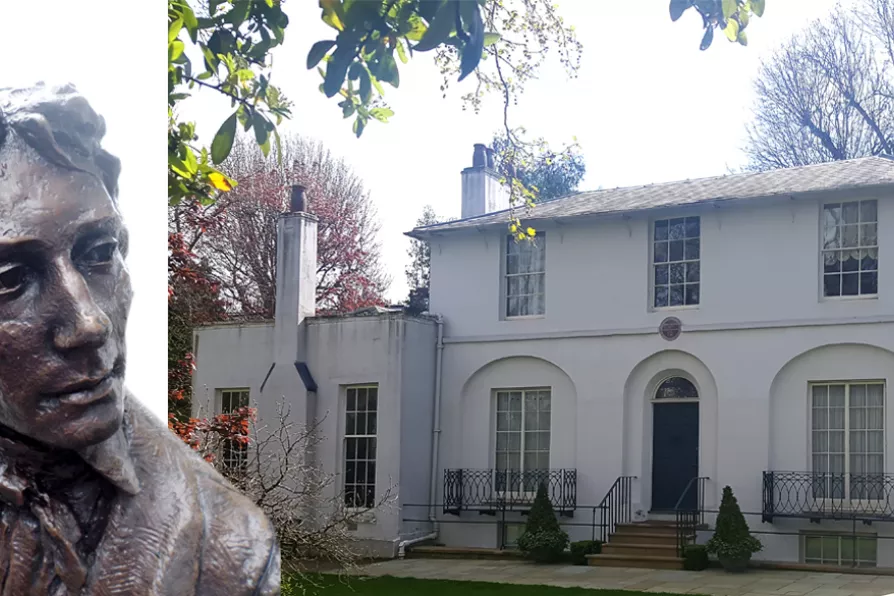RITA DI SANTO draws attention to a new film that features Ken Loach and Jeremy Corbyn, and their personal experience of media misrepresentation

 (L to R) John_Keats sculpture by Vincent Gray in Chichester and the poet's former home in Hampstead, now the Keats House museum
[(L to R) Sidpickle and Alphauser/Creative Commons]
(L to R) John_Keats sculpture by Vincent Gray in Chichester and the poet's former home in Hampstead, now the Keats House museum
[(L to R) Sidpickle and Alphauser/Creative Commons]
ACCORDING to George Bernard Shaw, John Keats “achieved the very curious feat of writing a poem of which it may be said that if Karl Marx can be imagined writing a poem instead of a treatise on Capital, he would have written Isabella.”
Shaw’s view clashes with that of most mainstream critics, who deny Keats any political thought and declare him a worshipper of some unspecified “beauty.” But the 200th anniversary of Keats’s death on February 23 at the age of only 25 is an opportunity to reclaim the reputation of this revolutionary romantic.
In his time, the implications of the English and then the American and French revolutions, heralding the arrival of capitalist society in Europe and elsewhere, were understood and feared by conservative governments across Europe.

ALAN MORRISON celebrates life and work of the late Tony Harrison, 1937-2025

MARY CONWAY is disappointed by a play that presents Shelley as polite and conventional man who lives a chocolate box, cottagey life












